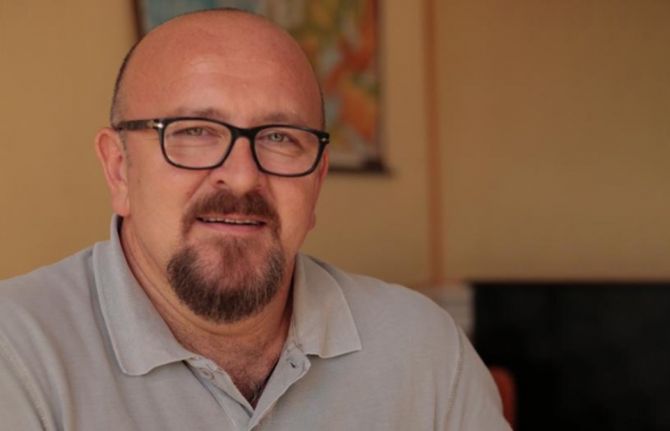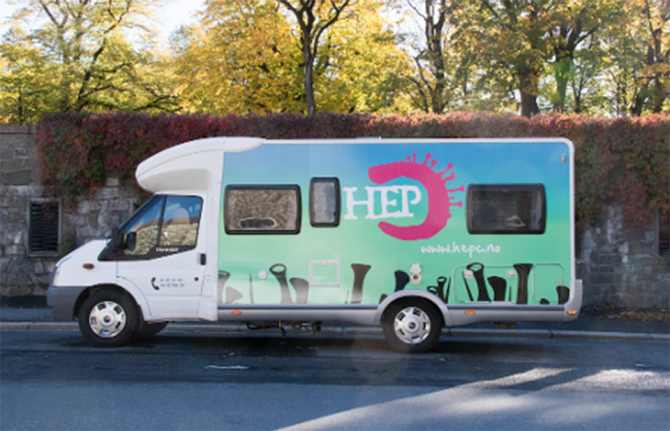
Feature Story
Church strengthens role in AIDS response
15 сентября 2006
15 сентября 2006 15 сентября 2006
“Every person living with HIV should have access to the treatments made available by medical science and churches must advocate for this to happen,” was the powerful declaration that came out of the first meeting of the current Central Committee of the World Council of Churches (WCC).
The declaration was part of a ‘Statement on churches’ compassionate response to HIV and AIDS,’ which was adopted by the Central Committee (the main decision-making body of the WCC) in Geneva at the beginning of September. The Statement on AIDS is the third of its kind to be issued by the Committee since 1986.
“It is commendable that the Central Committee has produced such a strong statement on churches’ response to HIV,” said Calle Almedal, UNAIDS Senior Adviser, Partnerships Development. “The statement is substantive and will encourage dialogue within the Church on many difficult AIDS-related issues.”
The ecumenical movement has been engaged in the AIDS response for over 20 years. As early as 1986 the executive committee of the WCC cautioned, “Churches as institutions have been slow to speak and to act, that many Christians have been quick to judge and condemn many of the people who have fallen prey to [HIV]; and that through their silence, many churches share responsibility for the fear that has swept our world more quickly than the virus itself.”
In the newly adopted Statement, the Committee calls on churches and Christians to promote greater involvement of people living with HIV in churches’ response to the epidemic and to adopt inclusive workplace policies for people living with HIV. It also acknowledges that, “Many of us (churches) have been complicit in stigmatizing and marginalizing people living with HIV by their silence, their words and their deeds.”
The statement also recognises that churches need to promote open discussions on issues related to sexuality, gender-based violence and intravenous drug use. It also focuses on areas of churches’ response to AIDS where there is continual disagreement and called for reflection on churches’ response to those who engage in high risk sexual activity or drug use including the appropriate means of prevention.

Photo credit: World Council of Churches.
Rev. Samuel Kobia addressing the Indigenous Peoples'
pre-Assembly meeting, February 2006
“Churches in particular need to correct the flawed theology and practices that equate sin with disease and that put morality over compassion," said Reverend Dr Samuel Kobia, WCC general secretary.
UNAIDS supports churches’ efforts to reach out to their own membership to make all churches safe places for people living with HIV to talk openly without fear of stigma and discrimination. UNAIDS also supports churches in their outreach efforts in comprehensive prevention, care and support for all affected groups and recognizes that their vision on working with AIDS is with a very long term perspective. Furthermore UNAIDS gives technical assistance on AIDS to, and collaborates with, churches working on HIV related theology, and sees this as sustainable development in the AIDS response.
In an effort to encourage churches to be more inclusive of people living with HIV, the WCC recently teamed-up with key partners in the AIDS response including the African Network of Religious Partners living with or personally affected by HIV, the Global Network of People Living with HIV and the International Community of Women Living with HIV on a campaign to provide guidance to churches in encouraging the active participation of people living with HIV in church life.
The WCC's Ecumenical HIV/AIDS Initiative in Africa (EHAIA), launched in 2002 has been encouraging churches to become ‘HIV competent’ in order to; indicate clearly that stigma and discrimination against people living with HIV is against the will of God; understand fully the severity of the AIDS epidemic in Africa; take into consideration pastoral, cultural and gender issues; and use its resources and structures to provide care, counselling and support for those affected.
Dr Manoj Kurian, the WCC programme executive for health and healing, said “The EHAIA is responding to the burning needs of people. Through its five EHAIA offices the WCC is making it possible for church leaders and their congregations to speak honestly about AIDS, formulate relevant liturgy and theology, and to act practically in response.”
The World Council of Churches brings together more than 340 churches, denominations and church fellowships in over 100 countries and territories throughout the world and represents more than 560 million Christians. For more information visit http://www.oikoumene.org/
Related links:
The Central Committee of the World Council of Churches "Statement on churches' compassionate response to HIV and AIDS"
Related
 Helping Ukrainian refugees with HIV treatment and support in Berlin
Helping Ukrainian refugees with HIV treatment and support in Berlin

20 мая 2022 года.
 Welcoming Ukrainian refugees in Germany: big test for all
Welcoming Ukrainian refugees in Germany: big test for all

21 апреля 2022 года.
 Norway’s community organizations ensuring health, dignity and rights
Norway’s community organizations ensuring health, dignity and rights

17 мартаа 2020 года.
